
This open book has been designed for students to learn the foundational concepts for English 100 (first-year college composition). The content aligns to learning outcomes across all campuses in the University of Hawai'i system. It was designed, written, and edited during a three day book sprint in May, 2019....
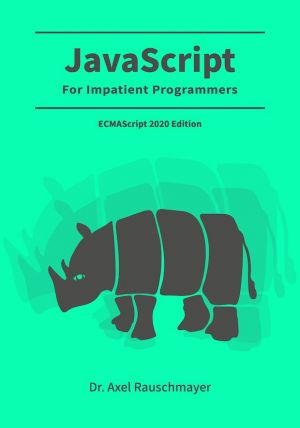
This book makes JavaScript less challenging to learn for newcomers, by offering a modern view that is as consistent as possible.
Highlights:
- Get started quickly, by initially focusing on modern features.
- Test-driven exercises and quizzes available for most chapters.
- Covers all essential features of JavaScript, up to and including ES2020...
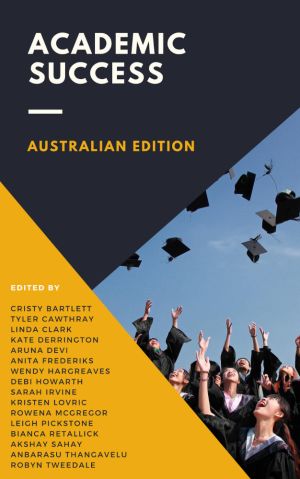
Academic Success is designed to help students on their university journey. It is divided into four parts, each reflecting different aspects of a student's tertiary experience. Part A: Successful Beginnings addresses what it is like to be a new student at an Australian university. Part B: Successful Foundations introduces basic skills in Englis...
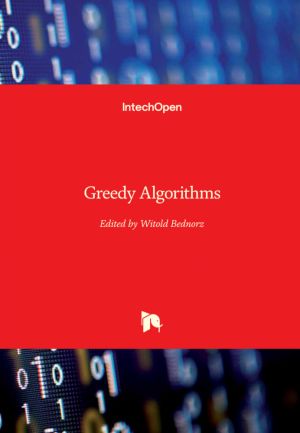
Each chapter comprises a separate study on some optimization problem giving both an introductory look into the theory the problem comes from and some new developments invented by author(s). Usually some elementary knowledge is assumed, yet all the required facts are quoted mostly in examples, remarks or theorems....
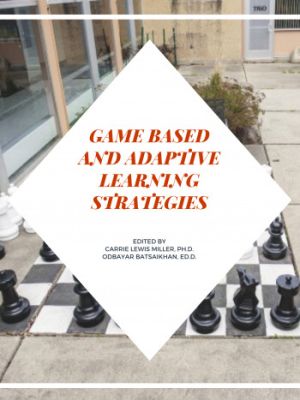
This book is designed to accompany a graduate-level instructional design course: Game-Based and Adaptive Learning, but could also be used for undergraduate teacher education or instructional design courses.
The original texts and material for this book came from the development of a course for Brandeis University as part of their MS in Learner E...
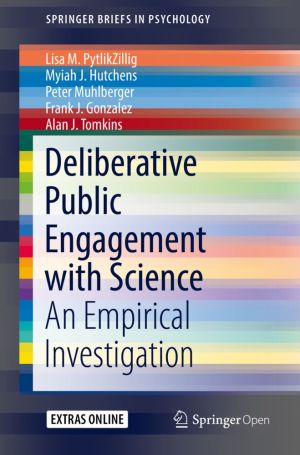
This compact open access reference delves beyond popular concepts of educated consumers and an informed public by examining the science behind deliberative engagement. Using data from four longitudinal studies, the authors assess public engagement methods in deliberative discussions of ethical, legal, and social issues concerning innovations in nan...
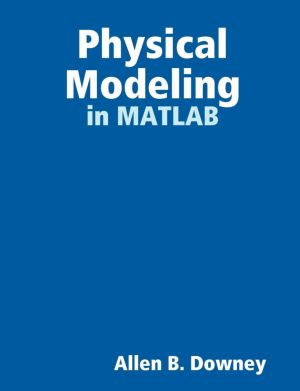
Modeling and simulation are powerful tools for explaining the world, making predictions, designing things that work, and making them work better. Learning to use these tools can be difficult; this book is my attempt to make the experience as enjoyable and productive as possible.
By reading this book - and working on the exercises - you will lear...
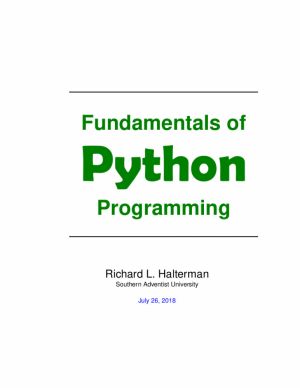
Guido van Rossum created the Python programming language in the late 1980s. In contrast to other popular languages such as C, C++ , Java, and C#, Python strives to provide a simple but powerful syntax.
Python is used for software development at companies and organizations such as Google, Yahoo, Facebook, CERN, Industrial Light and Magic, and NAS...
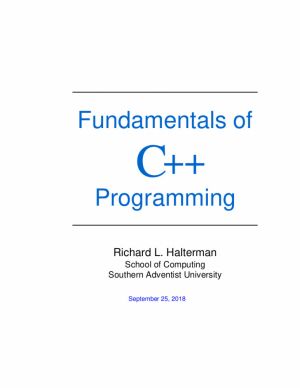
Bjarne Stroustrup of AT&T Bell Labs created C++ in the mid 1980s. C++ is an extension of the programming language C, a product of AT&T Bell Labs from the early 1970s. C was developed to write the Unix operating system, and C is widely used for systems-level software and embedded systems development.
C++ initially provided object-oriented...

This open book is unique because it was a collaborative effort by all Criminology and Criminal Justice professors at Southern Oregon University (SOU) in Ashland, Oregon. This book can be used on a quarter or semester system, as well as cover topics that may get left out of some introductory texts such as controversial issues in the criminal justice...
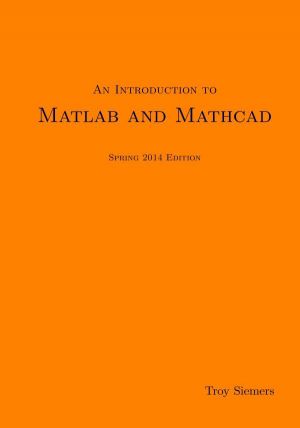
This free book, or really a "coursebook" for a college freshman-level class, has been updated for Spring 2014 and provides an introduction to programming and problem solving using both Matlab and Mathcad. We provide a balanced selection of introductory exercises and real-world problems (i.e. no "contrived" problems). We include ...
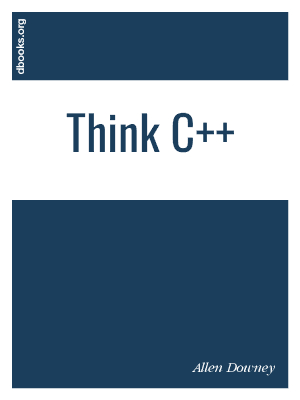
Think C++ is an introduction to programming using the C++ programming language. I originally wrote it to help students prepare for the Computer Science AP exam (when the exam was in C++)....
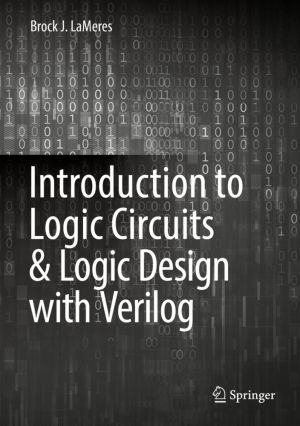
This book for courses in Digital Systems Design introduces students to the fundamental hardware used in modern computers. Coverage includes both the classical approach to digital system design (i.e., pen and paper) in addition to the modern hardware description language (HDL) design approach (computer-based). Using this textbook enables readers to ...
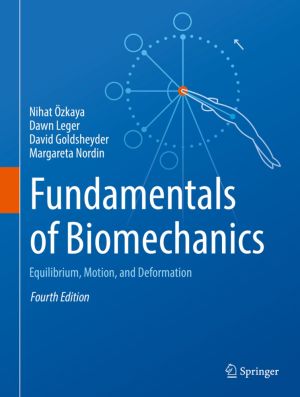
This book integrates the classic fields of mechanics - statics, dynamics, and strength of materials - using examples from biology and medicine. The book is excellent for teaching either undergraduates in biomedical engineering programs or health care professionals studying biomechanics at the graduate level. Extensively revised from a successful th...
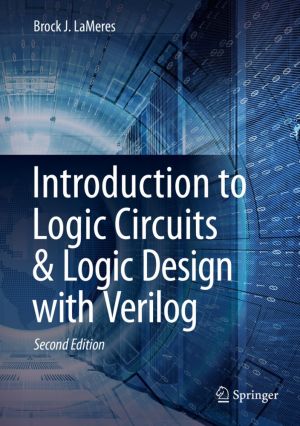
This book for courses in Digital Systems Design introduces students to the fundamental hardware used in modern computers. Coverage includes both the classical approach to digital system design (i.e., pen and paper) in addition to the modern hardware description language (HDL) design approach (computer-based). Using this textbook enables readers to ...
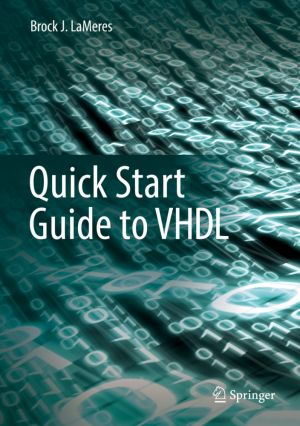
This book provides a starter's guide to VHDL. This book can be used in conjunction with a one-semester course in Digital Systems Design or on its own for designers who only need an introduction to the language. This book is designed to provide a bottoms-up approach to learning the VHDL language. This design supports a course in which foundatio...
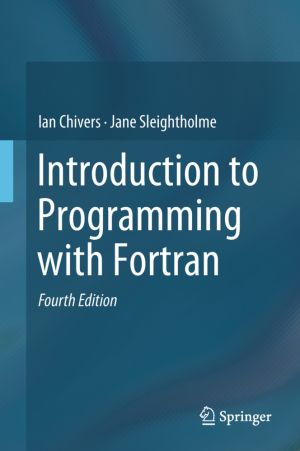
This fourth Edition presents new examples on submodules, derived type i/o, object oriented programming, abstract interfaces and procedure pointers, C interop, sorting and searching, statistics and converting to more modern versions of Fortran.Key FeaturesHighlights the core language features of modern Fortran including data typing, array processing...
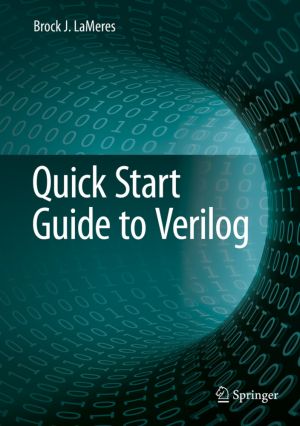
This book provides a starter's guide to Verilog, to be used in conjunction with a one-semester course in Digital Systems Design, or on its own for readers who only need an introduction to the language. This book is designed to match the way the material is actually taught in the classroom. Topics are presented in a manner which builds foundati...
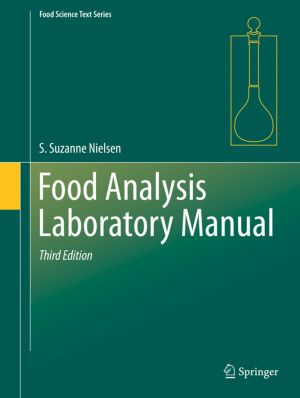
This third edition laboratory manual was written to accompany Food Analysis, Fifth Edition, by the same author. New to this third edition of the laboratory manual are four introductory chapters that complement both the textbook chapters and the laboratory exercises. The 24 laboratory exercises in the manual cover 21 of the 35 chapters in the textbo...
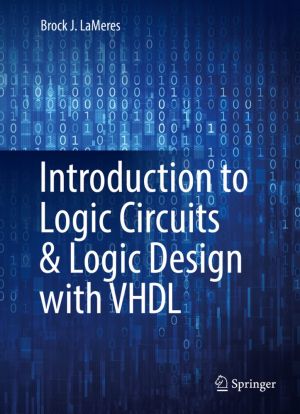
This textbook introduces readers to the fundamental hardware used in modern computers. The only pre-requisite is algebra, so it can be taken by college freshman or sophomore students or even used in Advanced Placement courses in high school. This book presents both the classical approach to digital system design (i.e., pen and paper) in addition ...
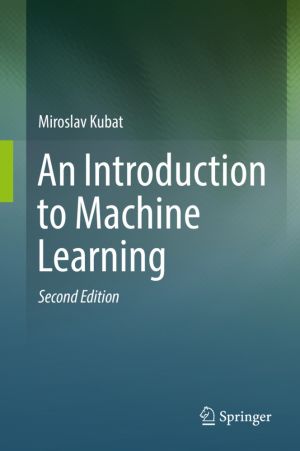
This textbook presents fundamental machine learning concepts in an easy to understand manner by providing practical advice, using straightforward examples, and offering engaging discussions of relevant applications. The main topics include Bayesian classifiers, nearest-neighbor classifiers, linear and polynomial classifiers, decision trees, neural ...
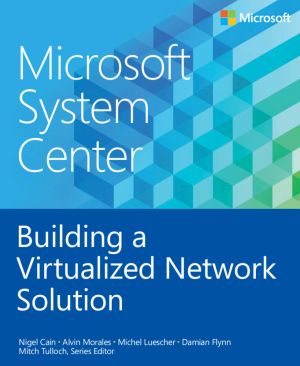
Network Virtualization "provides virtual networks to virtual machines similar to how server virtualization provides virtual machines to the operating system. Network Virtualization decouples virtual networks from the physical network infrastructure and removes the constraints and limitations of VLANs and hierarchical IP address assignment from...
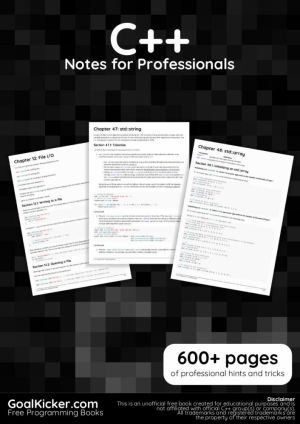
The C++ Notes for Professionals book is compiled from Stack Overflow Documentation, the content is written by the beautiful people at Stack Overflow....
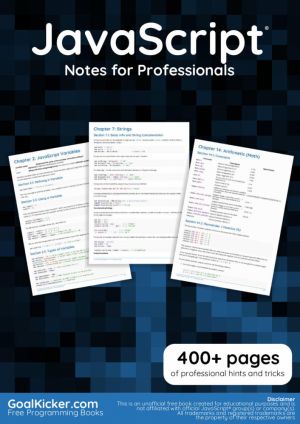
The JavaScript Notes for Professionals book is compiled from Stack Overflow Documentation, the content is written by the beautiful people at Stack Overflow....
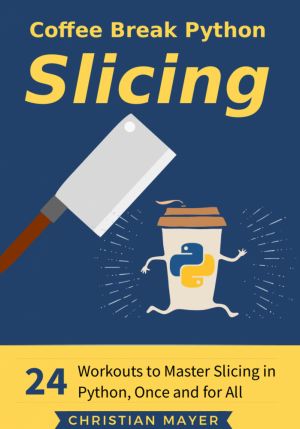
Puzzle-based learning is an active learning technique. With code puzzles, you will learn faster, smarter, and better.
Coffee Break Python Slicing is all about growing your Python expertise - one coffee at a time. The focus lies on the important slicing technique to access consecutive data ranges. Understanding slicing thoroughly is crucial for y...
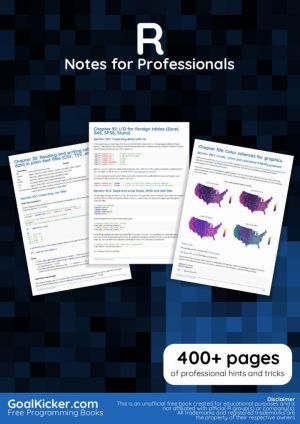
The R Notes for Professionals book is compiled from Stack Overflow Documentation, the content is written by the beautiful people at Stack Overflow....
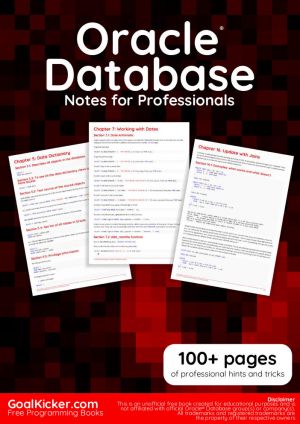
The Oracle Database Notes for Professionals book is compiled from Stack Overflow Documentation, the content is written by the beautiful people at Stack Overflow....

The Go programming language is relatively small and concise, but its depth makes it an ideal option for solving modern-day development problems. In Go Succinctly, author Mark Lewin guides readers through the basics of Go, and he provides documentation and resources that allow users to dive into the language and learn it for themselves. By the end o...
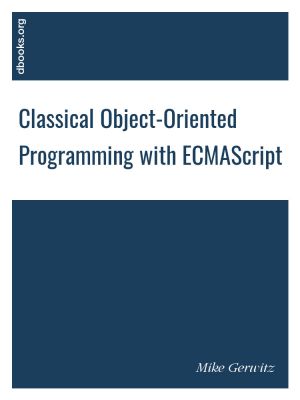
ECMAScript (more popularly known by the name "JavaScript") is the language of the web. In the decades past, it has been used to augment web pages with trivial features and obnoxious gimmicks. Today, the language is used to write full-featured web applications that rival modern desktop software in nearly every regard and has even expanded ...
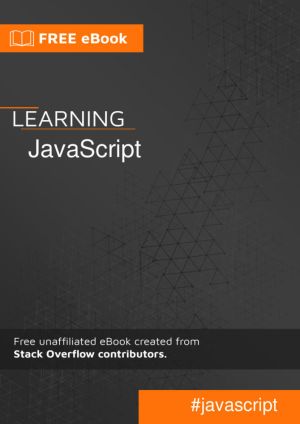
JavaScript is a programming language that conforms to the ECMAScript specification. It is an unofficial and free JavaScript ebook created for educational purposes. All the content is extracted from Stack Overflow Documentation, which is written by many hardworking individuals at Stack Overflow....
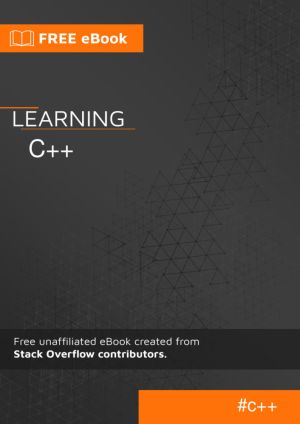
C++ is a general-purpose programming language as an extension of the C programming language, or "C with Classes". It is an unofficial and free C++ ebook created for educational purposes. All the content is extracted from Stack Overflow Documentation, which is written by many hardworking individuals at Stack Overflow....
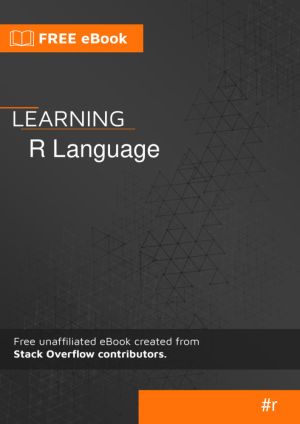
R is a programming language and free software environment for statistical computing and graphics. It is an unofficial and free R ebook created for educational purposes. All the content is extracted from Stack Overflow Documentation, which is written by many hardworking individuals at Stack Overflow....
